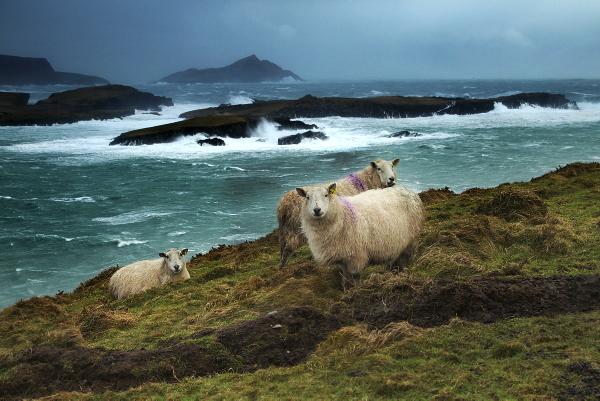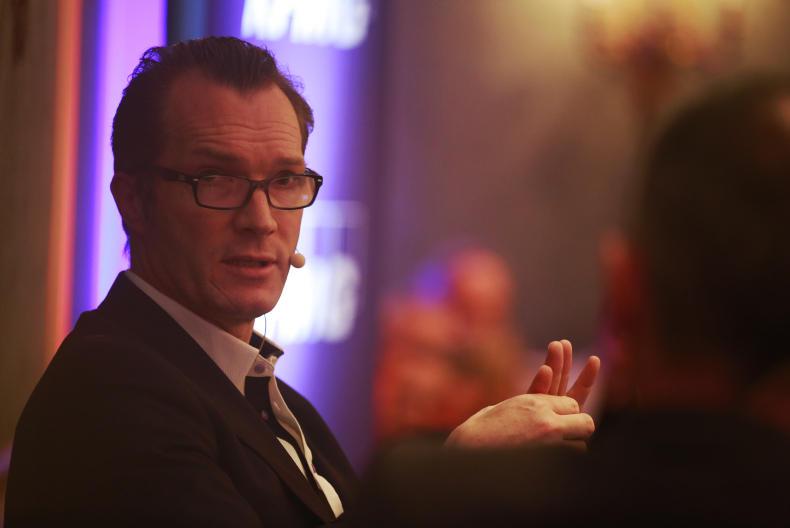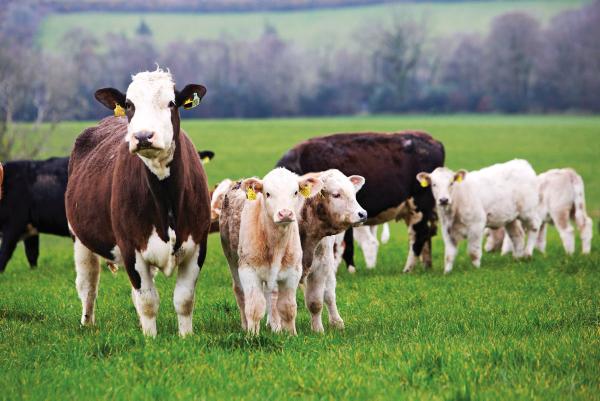Commonage holders’ SFP is at risk
Farmers who are submitting commonage and un-enclosed land on their SPS applications from 2015 on, and who do not hold the minimum stocking density on these lands, could be ruled out of Pillar 1 payments.
The Department of Agriculture have confirmed to Fianna Fáil Agriculture spokesperson, Eamon Ó Cúiv that from 2015 onwards, commonage farmers who do not put stock on commonage and un-enclosed land will not be eligible for the Single Farm Payment and Disadvantaged Area Payment.
It is understood that the Department are currently in talks with Europe on how to implement the regulations on commonage and un-enclosed lands.
IFA National Hill Chairman Pat Dunne has called on Agriculture Minister Simon Coveney to get the Commonage Implementation Group up and working without delay as farmers are being left in the dark as to their position in the run up to the implementation of the new CAP, both Pillar 1 and Pillar 2, in 2015.
These proposals are at odds with the proposed GLAS scheme where farmers in a commonage would come together to manage the commonage in a collective fashion.
However the current proposal under the new Single Farm Payment scheme and Disadvantaged payment scheme would require all farmers who apply for Pillar 1 payments on commonage and non-enclosed land to actively farm and stock it. IFA will be insisting that all active farmers are eligible for Pillar 1 BPS and greening and Pillar 2 GLAS and ANC payments.
Dunne said: “The management plans for the commonage must allow AEOS farmers to either be part of the agreement or they must be allowed to move to the new GLAS.”
One of the major issues with the Department’s proposal is the there are not enough hill ewes in the country to fulfil the stocking level proposals on commonages.
The requirement to stock commonages to the proposed minimum level will result in increased demand for breeding hill ewes, and higher levels of hill lamb production. This is a product which is currently suffering from low demand and prices.
IFA are calling on the minister to implement this proposal on a phased basis to allow for the gradual increase in numbers.
One suggestion that has been put forward is to allow active farmers on commonage to lease commonage shares without lowland from farmers that are not actively farming these areas. However there may be legal issues surround the application of such a proposal.









SHARING OPTIONS